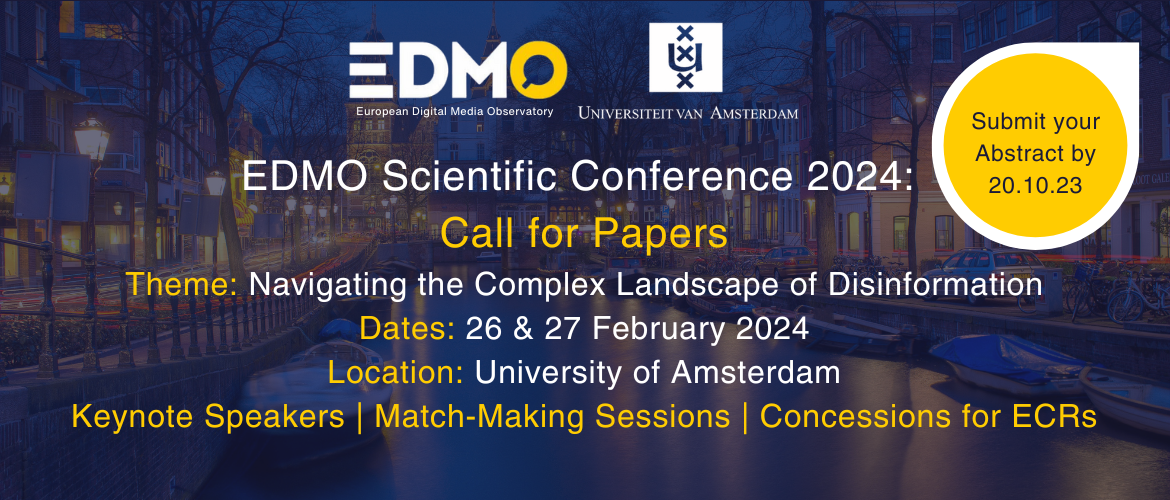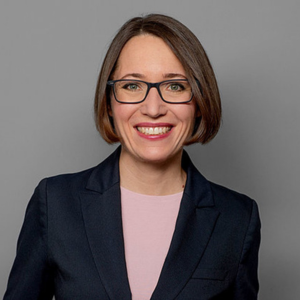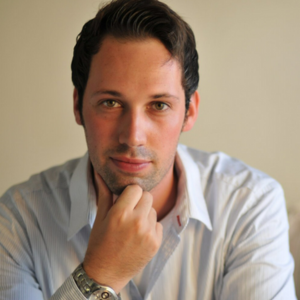Theme: Navigating the Complex Landscape of Disinformation
Dates: 26 & 27 February 2024
Location: University of Amsterdam
We are pleased to announce the European Digital Media Observatory (EDMO) Scientific Conference on Disinformation, an interdisciplinary gathering of minds interested in unravelling the intricacies of disinformation in today’s rapidly evolving information ecosystem. Hosted by the University of Amsterdam, this conference aims to foster a comprehensive dialogue on the challenges, impacts, and strategies for addressing disinformation across various fields.
Call for Papers
We invite submissions that address the latest developments and innovations relevant to disinformation, including but not limited to:
1. The Psychology of Disinformation: Cognitive processes, biases, and the reception of disinformation, as well as those responsible for disseminating disinformation.
2. Technological and Digital Contexts: The presence and prevalence of disinformation on platforms and the role of social media platforms, algorithms, and emerging technologies (such as Generative AI) in spreading disinformation.
3. Political and Societal Implications: The impact of disinformation on public opinion, democracy, and social cohesion.
4. Health and Science Communication: Debunking medical and scientific disinformation and enhancing science communication.
5. Disinformation and Journalism: Ethical challenges, credibility of news, and responsible reporting practices.
6. Educational Approaches: Teaching critical digital literacy and information evaluation skills.
7. Legal and Policy Responses: Regulatory frameworks and legal measures to counter disinformation.
8. Case Studies and Empirical Research: In-depth analyses of specific misinformation incidents and their aftermath.
9. Tackling Disinformation: The latest interventions and breakthroughs in the fight against disinformation.
10. Methodological Approaches: Working insights on the utilisation of current and new methodologies and tools for studying disinformation.
This scientific conference is an opportunity to foster coordination among EU researchers, encourage comparative research, identify potential research gaps, and ultimately, build a sense of community among EU academics working on disinformation.
Submission Guidelines
We welcome submissions in the form of in-progress research papers on the aforementioned focus areas. Papers will be organised into thematic panels, to be composed by the program committee. We invite contributions from early-career scholars as well as established researchers.
We especially welcome papers that:
- Are authored by researchers from at least three different EU member states (country of affiliation counts).
- Address one or more of the focus areas outlined in the Call for Papers from a cross-cultural perspective.
- Address one or more of the focus areas outlined in the Call for Papers from a cross-platform perspective.
When submitting, please adhere to the following guidelines:
- Abstract Submission Deadline: 20th October 2023.
- Notification of Acceptance: 3rd November 2023.
- Submissions must be original and previously unpublished.
- Abstracts should be between 250-300 words (excl. references).
- References are not required, but if you prefer to use any, use APA/MLA/Chicago style for citations and references.
Keynote Speakers
We are honoured to announce that the conference will feature distinguished keynote speakers who are renowned experts in the field of disinformation.
Professor Annika Sehl holds the Chair of Journalism with a Focus on Media Structures and Society at the Catholic University of Eichstätt-Ingolstadt and is a Research Associate at the Reuters Institute for the Study of Journalism (RISJ) at the University of Oxford.
Her research focuses on how digitalisation affects media organisations (especially public service media), journalistic production and the use of journalistic content, and society. She often chooses an international comparative perspective. Her research is published in books, book chapters and in academic journals such as Digital Journalism, European Journal of Communication, International Communication Gazette, Journalism, Journalism Studies, Mass Communication and Society, or Media and Communication.
In addition to her academic experience, Annika Sehl also has practical knowledge and skills in the field of journalism. She trained with the news broadcaster N24 in Berlin, Hamburg and Munich, and worked as a freelance journalist for newspapers in Germany.
For more information about Professor Sehl’s background and accolades, you can read more here, and learn more about her research from her website at her current university.
Professor Sander van der Linden is Professor of Social Psychology in Society in the Department of Psychology at the University of Cambridge and Director of the Cambridge Social Decision-Making Lab. Before coming to Cambridge, he held posts at Princeton and Yale University.
His research interests center around the psychology of human judgment and decision-making. In particular, he is interested in the social influence and persuasion process and how people are influenced by (mis)information and gain resistance to persuasion through psychological inoculation. He is also interested in the study of fake news, media effects, social networks, and belief systems (e.g., conspiracy theories), as well as the emergence of social norms, polarization, reasoning about evidence, and public understanding of risk and uncertainty.
He has won numerous awards for his research on human judgment, communication, and decision-making, including the Rising Star Award from the Association for Psychological Science (APS), the Sage Early Career Award from the Society for Personality and Social Psychology (SPSP), the Frank Prize in Public Interest Research from the University of Florida, and the Sir James Cameron Medal for the Public Understanding of Risk from the Royal College of Physicians. His research papers have received awards from organizations such as the American Psychological Association (APA), the International Association of Applied Psychology (IAAP) and the Society for the Psychological Study of Social Issues (SPSSI).
For more information about Professor van der Linden’s background and accolades, as well as his publications, you can read more here.
Match-Making Sessions
Unlock Innovation Together: Join our Match-Making Sessions for Collaborative Research across EDMO!
On both conference days you will have the unique opportunity to further explore the potential for collaboration across EDMO by attending match-making sessions.
The match-making sessions will be tailored to various research interests of the participants – for example generative AI or elections/politics.
Together with you we aim at highlighting common research interests, at defining common ground on next steps in research around disinformation and other information disorders and at discussing the potential of new research approaches. The aim is to get research collaborations started that will benefit not only your research projects but the combat of disinformation at EU level.
We strongly encourage you to take your chance in exploring the diverse and inter-disciplinary EDMO research community and are looking forward to discussions and exchange beyond the usual conference-life.
Registration for the match-making sessions will be opened when the conference registration is launched in Fall 2023.
Registration and Information
Registration for the conference will be made available in Fall 2023, so stay tuned! Information regarding fees, accommodation options and schedule will be made available here in due course.
For inquiries, please contact [email protected]. For the latest updates, follow us on @EDMO_EUI.
We look forward to your valuable contributions and the vibrant exchange of ideas at the conference!


